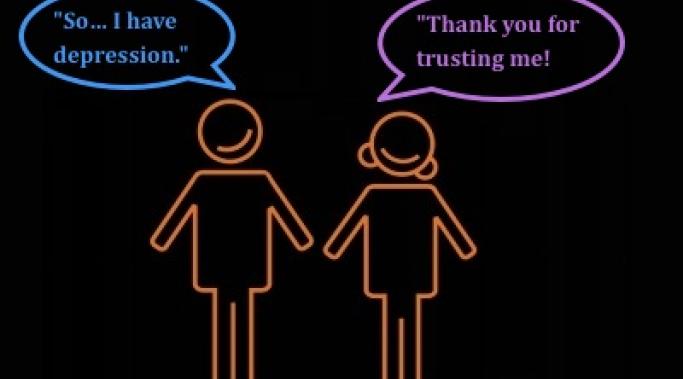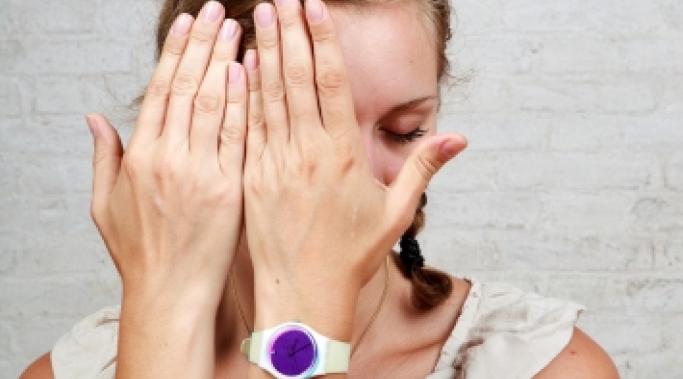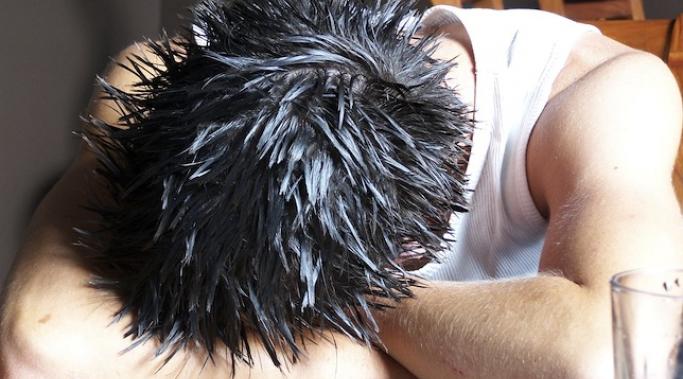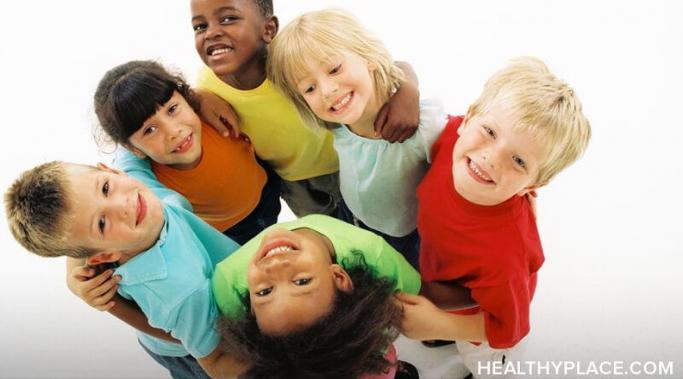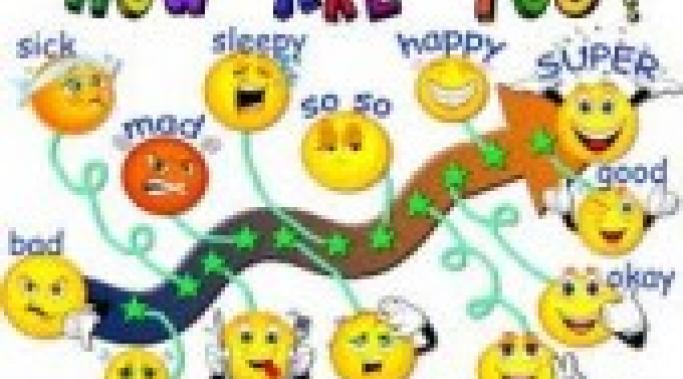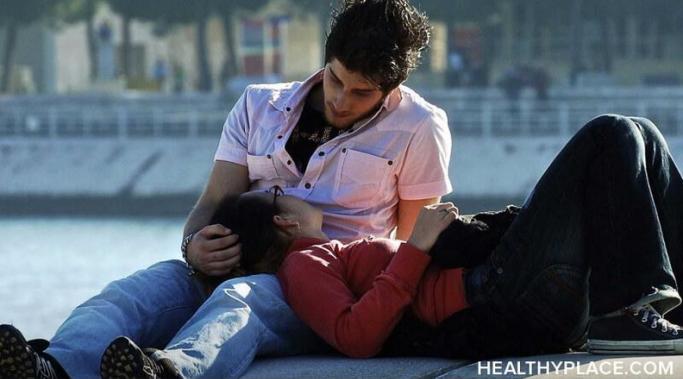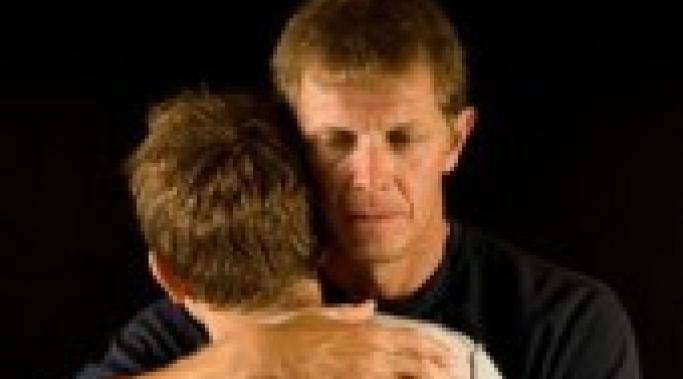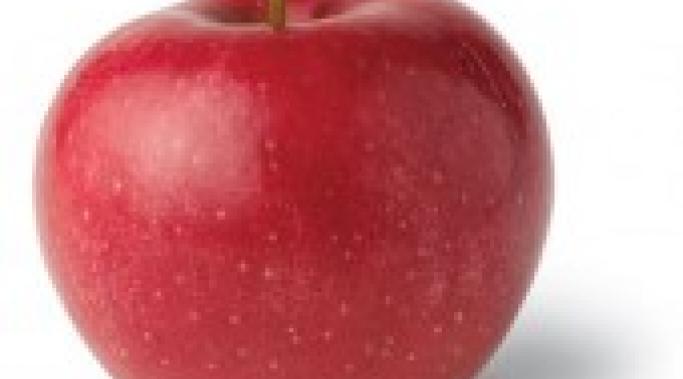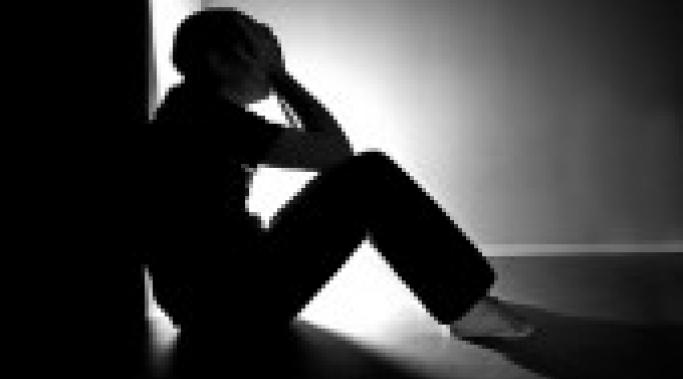Talking about depression can be scary. It was... is... scary for me, too. But I did it anyway. We all must talking about our depression, for ourselves, for our children, and for our children's children.
Ways to Support Someone With Depression
The face of depression is a happy one. The face of depression is sad ... it's shocked, it's delighted, it's a confused face. The face of depression is a surprised face ... it's angry, dauntless, it's a grumpy face. The face of depression is that of your friend, your neighbor, your spouse. It is the face of your child's teacher, your hairdresser, your priest ... your son, your daughter, your boss, your employer. The face of depression looks like the everyday face and it is everywhere, you just may not know it.
If the signs and symptoms of depression were detected early in a young person’s life, would it make a difference? (Symptoms of depression in teens and children)
Teenage Depression or Normal Teenage Behavior?
I was a moody teen… is there any other kind of teen? The sudden outbursts, melancholy and disinterest in teenagers is often attributed to or described as bad-tempered, sulky, hormonal, bitchy, dramatic. The list is endless. Regardless of gender, each teenager must survive his/her own brand of pubescent purgatory.
I wish I had a dollar for every kid I’ve heard say this week, “I’m tired!” As parents, we have the best of intentions, planning every summer’s end to start the early bedtime long before school starts, get into a routine again. But it is easier said than done. Between the change in sleep and day routines, and the beginning of new classes and new teachers, new friends, new schools, adjustments, rules, homework…it can be a lot to take in (Back to School Bipolar Survival Guide). And while some adjust very well, some don’t at all. Here are some ideas to help with the transition.
Unfortunately kiddos get depressed too. Sometimes it is a chemical imbalance, clinical depression that may benefit from medication. But other times it is situational, environmental, or an inability to handle what is going on around them. Telling them to “stop” doing a negative behavior is not enough. What they need is for us to teach them and show them what to do instead.
We often struggle with how to help a depressed friend. We don't want to minimize his mental illness. We know that she can't just snap out of it by going outside or smiling more. When you know how to help a depressed friend, you realize that helping him through the tough episodes takes time. Silence. Hand-holding. Maybe even folding some laundry. And how you help your depressed friend can be the difference between life and death.
Depression is a family disease. Not just because it runs in families—but because it can ruin families.
Yet it doesn’t have to be that way. I am a happily married man with three wonderful children, and yet I suffer from depression. And my depression affects the whole family.
Children are incredibly perceptive. My 8-year-old picks up on it even when my bouts with depression aren’t so severe. My 10-year-old keeps things inside, so he rarely comments about it, but he notices.
An apple a day keeps the doctor away. So what does one do for depression? I’m not really sure, but there seems to be ample evidence of the importance of good nutrition in battling depression.
That’s not such good news for me, and I imagine others who suffer from depression feel the same way. It’s hard enough to make sure I take my various medications at the right time every day. Add the stress of balancing work and family—including three active kids who play sports year-round—and eating well ranks pretty low on the list.
My wife recently left a note by the bed that hit me right between the eyes. And it hurt.
“I’m not sure what is going to make you better, maybe nothing,” she wrote. “I’m not sure what else there is out there to try. Right now, I feel like we are back in a bad place, and I am finding myself exhausted and apathetic.”
It got worse.
It’s cocktail season. And that means millions will drink too much, including people who suffer from depression.
While having a drink can relieve anxiety—at least temporarily—abuse of alcohol can make us even more depressed. And though pop culture paints a decidedly different picture, alcohol is actually a depressant. It’s not a stimulant.
